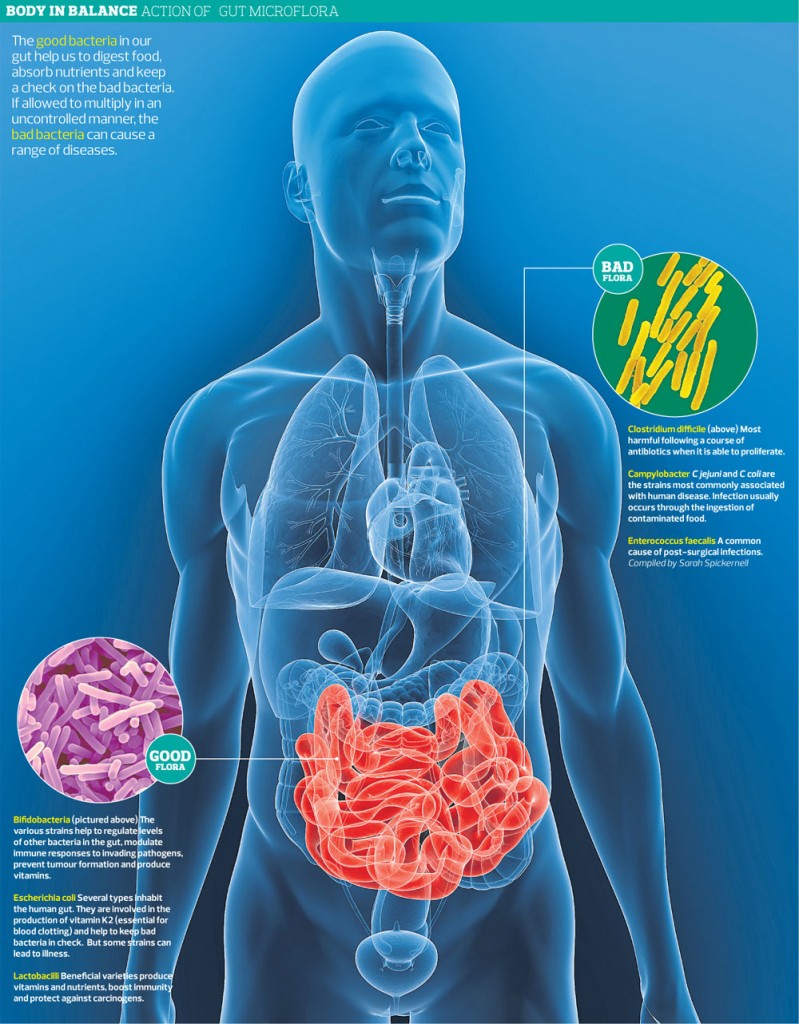Gut microbes are well known to contribute to health and disease, but what has been less clear is how the host controls gut microbes. A…

microbiome

The relatively recent discovery of the microbiome is not only completely redefining what it means to be human, to have a body, to live on…

Nanoparticles are known to be toxic to beneficial bacteria that break down substances in the gut. Writing in Environmental Engineering Science, researchers say that exposure…

Nanotechnology - that is, metal oxide particles* such as titanium dioxide - are increasingly used in the commercial food supply, consumer goods, body care and…

In 1975, Randy Porubcan received his Masters Degree in biochemistry from the University of Wisconsin, Milwaukee. Since then, he has worked in food and agriculture…
